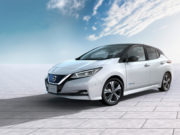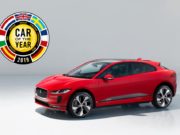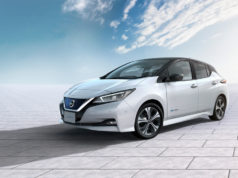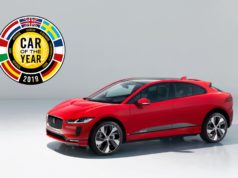Volvo Cars revealed its distinctive approach to developing autonomous cars. That happened by introducing a family of four at the Detroit motor show.

The Hain family is from Gothenburg in Sweden. They are the first people chosen to take part in a real-life autonomous drive research program. The Hains are using real cars, in real traffic.
Alex Haun is an IT manager and his wife Paula is a Management consultant. He thinks autonomous driving will help him save time. According to her the main question from family and friends would be: “Is that safe?” Their daughters Smilla and Filippa are students. Filippa says she probably could do her homework if the family car was self-driving. Smilla adds that autonomous driving is something really cool and “the future is really happening now”.
Håkan Samuelsson, President & CEO of Volvo Car Group:
“We do things differently at Volvo Cars – we always have. Our main focus has always been on people and making their lives easier.”
Volvo Cars believes many car makers are forgetting the most important ingredient: the people that will use them. That happens because of the rush to deliver fully autonomous cars. Volvo’s unique approach is to define the technology based on the role of the driver.
Henrik Green, Senior Vice President, Research and Development at Volvo Car Group:
“The aim of the Drive Me research project is to focus on how to enhance people’s lives. We take a holistic rather than a purely technical approach. No one else to our knowledge is developing autonomous drive from a human-centric standpoint.”
The Volvo Drive Me project is a collaborative research program. It consists of several players from public, private and academic fields
It is probably the most ambitious and extensive real-life autonomous drive project in existence. The project will see up to 100 autonomous cars on the roads around Gothenburg, Sweden. Real people will drive them, in real traffic during 2017. The project is set to expand to other cities around the world in the near future.
“We want to learn more around how people feel when they engage and disengage autonomous drive. What the handover should be like. What sort of things they would do in the car when it’s driving them to their destination,” added Henrik Green.
The Swedish car maker aims to have its first fully autonomous car on the market by 2021.






























